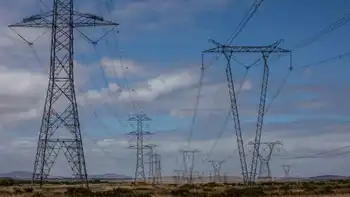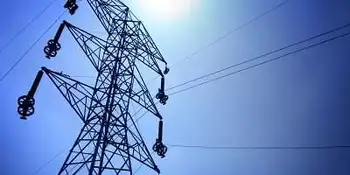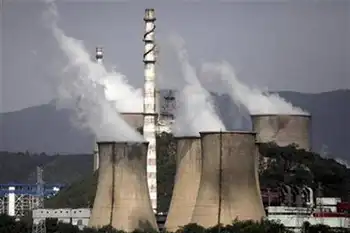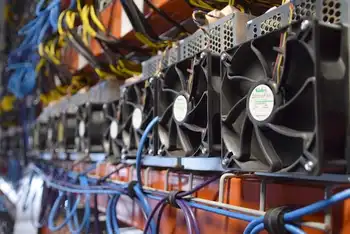Italy's GRTN tables 3-year plan against blackouts
MILAN - - Italy's national grid operator GRTN has drafted a three-year plan to boost the reliability of the electricity network and avoid a repeat of September's nationwide blackout, its chief executive said recently.
The blackout on September 28, triggered by the collapse of an inter-alpine power line, hit most of Italy's 57-million strong population in the early hours, stranding thousands of travellers and leaving people trapped in lifts.
GRTN's plan foresees various measures to tighten control and back-up systems and to encourage power generators to modernise their facilities so that they can quickly recover after a power outage, CEO Luca d'Agnese told reporters.
He said the plan would require "dozens of millions" of euros in annual investment by the operator, the grid owners and power generators.
"We are not talking about huge figures," he said. GRTN submitted the plan to the industry ministry in November and expects a response early next year, he said.
D'Agnese said he hoped GRTN's merger with Italy's biggest power grid, Terna, owned by dominant utility Enel , would be carried out quickly.
"From the operating point of view, it is a very important move. The sooner it is done, the better it is for us," he said, adding that GRTN and Terna had already been cooperating tightly on the technical level.
The government, which owns GRTN and holds a 61-percent stake in Enel, would have to decide how to carry out the integration, d'Agnese said.
Under a law reshaping the sector and approved by the parliament in October, GRTN and Terna would merge first and then be floated.
A plan drafted for Enel by Mediobanca and Goldman Sachs foresees Terna's flotation on the bourse, followed by the merger.
Related News

Cape Town to Build Own Power Plants, Buy Additional Electricity
CAPE TOWN - Cape Town is seeking to secure more than 450 megawatts of power from renewable sources to cut reliance on state power utility Eskom Holdings SOC Ltd. and reduce greenhouse gas emissions.
South Africa’s second-biggest city is looking at a range of options and expects the bulk of the electricity to be generated from solar plants, Kadri Nassiep, the city’s executive director of energy and climate change, said in an interview.
On July 14 the city of 4.6 million people released a request for information to seek funding to build its own plants. This month or next it will seek…




